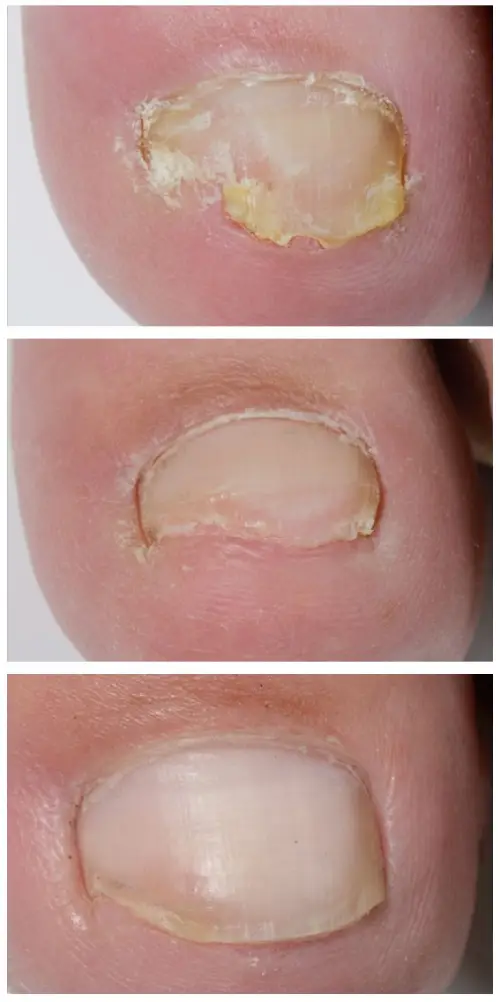
338 Main Road Huapai, 0810
338 Main Road Huapai, 0810

You’ve completed your PACT® fungal nail treatment, congratulations! That’s a big step toward healthier, clearer nails. But as with any fungal infection, treatment is only half the battle. The real secret to long-term success? Preventing reinfection.
At Norwest Podiatry, we want your great results to last. That’s why we’ve created this essential aftercare guide to help you stay fungus-free for good.
Even after successful treatment, fungal spores can linger in your:
That’s why post-treatment hygiene is just as important as the treatment itself.
1. Apply a Topical Antifungal Daily
Even after treatment, apply a podiatrist-recommended antifungal nail solution (Rejuvenail, Daktarin, etcl) once daily until nails are fully grown out and clear.
2. Use Antifungal Cream on the Skin Too
If you’ve ever had athlete’s foot, chances are the fungus started on the skin. Apply an antifungal tinea cream between your toes and around the nails daily—then once a week to prevent recurrence.
3. Disinfect Your Shoes Regularly
Spray your shoes with an antifungal shoe spray (Tea tree or alcohol based spray) like Canesten or Mycosan), or use UV shoe sanitizers if you have them. Rotate footwear and let them dry out between wears.
4. Wash Socks in Hot Water + Antifungal Additive
Wash your socks at 60°C or higher, and add a Canesten Hygiene Antifungal rinse if possible. Avoid re-wearing socks more than once.

5. Avoid Bare Feet in Public Showers and Pools
Always wear flip-flops or shower shoes in shared spaces like:
6. Avoid Nail Salons with Poor Hygiene
Unsanitised tools and foot baths can be a major source of fungal transmission. Choose salons with strict sterilisation protocols—or have your nails professionally trimmed by your podiatrist.
7. Let Your Feet Breathe
Avoid sweaty feet! Wear moisture-wicking socks, choose breathable shoes, and avoid synthetic, non-ventilated footwear (especially if you’re in steel-cap boots all day).
8. Clean Your Bathroom and Shower Weekly
Use a disinfectant or antifungal spray to regularly clean the shower floor and bathroom tiles where spores can thrive.
9. Be Gentle with Nail Trimming
Avoid trauma to the nail plate, which can create an entry point for fungus. Cut straight across and don’t pick at the cuticles or skin.
10. Book Regular Nail Maintenance with Your Podiatrist
We recommend follow-up visits every few months to monitor nail regrowth, trim back any thickened nails, and catch early signs of recurrence before they become a problem.
If your shoes are old, musty, or can’t be properly disinfected, it might be time to say goodbye. Fungal spores can live in damp fabric for months!

Fungal nails are a challenge, but with the right treatment and aftercare, they don’t have to come back. At Norwest Podiatry, we’re here to support you long after your PACT® sessions are complete. Whether you need a check-up, a nail trim, or just some guidance, we’re just a call away.
Ready to protect your progress? Book a regular follow-up with Norwest Podiatry today.
Copyright ©2025 Norwest Podiatry All Rights Reserved.